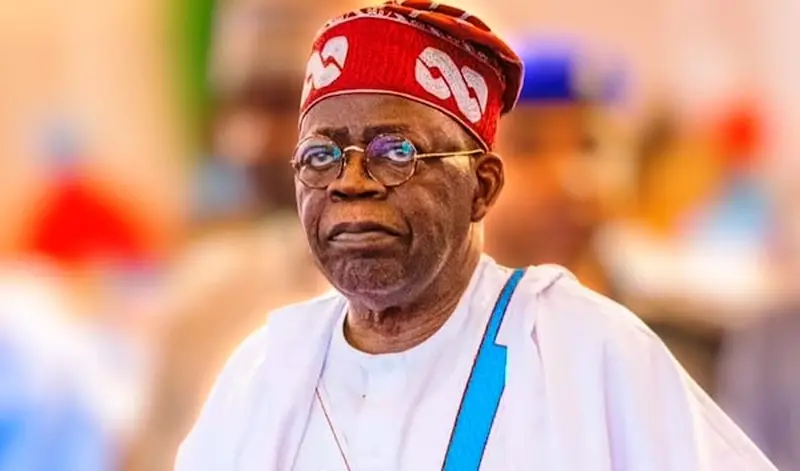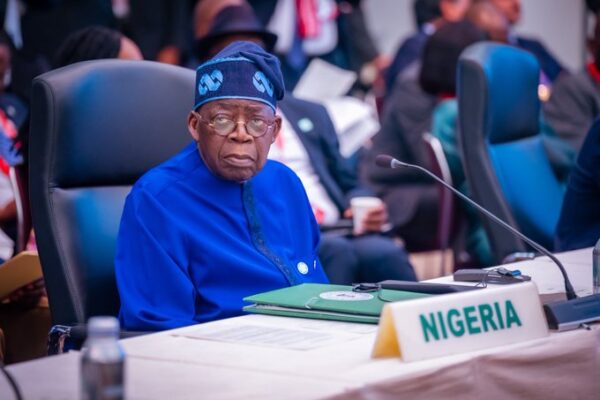INEC Launches AI-Powered Virtual Assistant Ahead of Anambra Election
The Independent National Electoral Commission (INEC) has unveiled an artificial intelligence-powered virtual assistant designed to enhance staff training and operational readiness ahead of the November 8 Anambra governorship election. The innovative digital tool, known as the INEC Training Virtual Assistant or “INECTrainingBot,” was launched on Friday and is accessible via Telegram. According to the commission, the AI assistant provides 24-hour access to essential election materials, interactive lessons, and on-demand learning modules. This allows electoral officers to train flexibly from any location and at their own convenience. INEC stated that the initiative aligns with its broader goal of leveraging technology to strengthen institutional capacity, improve operational efficiency, and promote credible elections. The platform is expected to significantly streamline the training process, particularly for ad-hoc staff, by providing instant access to updated guidelines, procedures, and simulations related to election management. INEC officials noted that the tool’s interactive design enables users to test their knowledge, receive real-time feedback, and engage with instructional resources in an intuitive and user-friendly environment. The commission further explained that the INECTrainingBot supports multimedia learning — including text, audio, and video — to ensure comprehensive understanding of electoral procedures. With the upcoming Anambra governorship election approaching, INEC expressed confidence that this innovation will contribute to better-prepared staff, smoother operations, and more transparent electoral outcomes.




